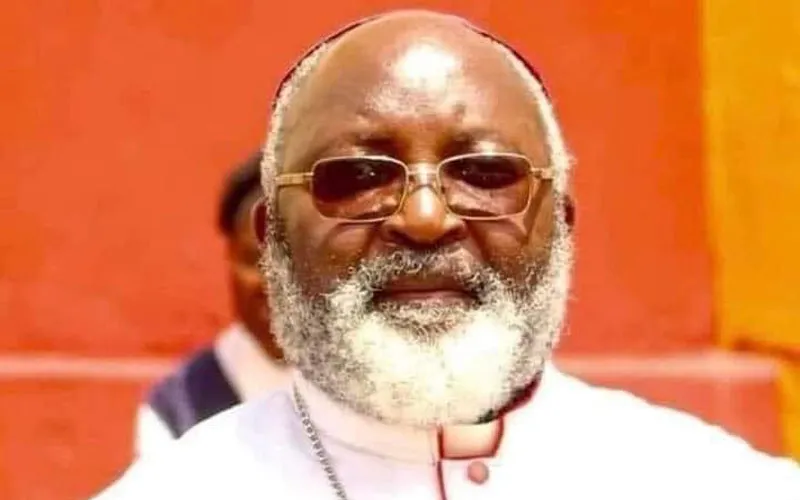Windhoek, 29 March, 2022 / 5:21 pm (ACI Africa).
A Catholic Archbishop in Namibia has said that the first step in establishing peace with nature including taking good care of land and equitable distribution of resources entails establishing respect with God.
In a Tuesday, March 29 message, Archbishop Liborius Ndumbukuti Nashenda of Namibia’s Windhoek Archdiocese says that there is a relationship between the way a community worships and cares for the land, and the economic and political condition of "those who occupy the land."
“The prophets call us to re-learn the lesson that respect for the Creator of the earth we occupy is a starting point for peace between the earth and its inhabitants,” Archbishop Nashenda says.
The Namibian Archbishop says that God cares about how the earth is exploited by people who he has entrusted with the responsibility to take care of it. He adds that God has given people wisdom to use the resources equitably.
He says that God detests misuse of resources he has bestowed to humanity and that any such misuse directly affects other people including future generations.








